|
2/1/2021 Poetry by Rachel Small Takashi Toyooka CC Ecosystems The farmland sits in a separate realm away. We keep to ourselves, puncturing maple trees at the end of winter to bring a slow bleed of life. Watching for wind to pass over birch trees like a sign of hope, of seasons shifting. It is a gift, though, to have a thousand words to describe wintertime. Of the snow that cuts off the dirt lane from the outer world, or the frost blinding the glass windows of the house. The richness of land rolling south and north is without fault, revealing pockets of places, like a second world beneath a fallen tree. A thousand growing things exist beneath rot, and we marvel at it, listening to each heartbeat of sap falling in metal buckets. The world within a world is untouched, and we stand yet on the brink of a third world, of a season unraveling. The poets always end up on the subject of the moon The poets cry about the moon / and the crone, the maiden / and also the mother / and ends up comparing it to the drought of the body / or the second body walking out the door / and after the applause the moon begins a new phase / waxing and waning / splitting into a leering smile to pull out / like stage tricks / a representation of girlhood heartbreak / red solo cups / or cigarette smoke uncurling in the night / the poets later ask / tell me you’re a poet without saying you’re a poet / asking for a confession of love for the moon / trusting that no matter the darkness / the moon will somehow return / and that is how poets begin anew / starting with it / ending up all the same / waiting for the next phase.  Rachel Small is based outside of Ottawa, and is exactly one half of Splintered Disorder Press. Her work has appeared or is forthcoming in magazines including Thorn Literary Magazine, blood orange, The Hellebore, Anti-Heroin Chic, The Shore, bywords, and other places. She was the recipient of honourable mention for the John Newlove Poetry Award for her poem “garbage moon and feminist day”. You can find her on twitter @rahel_taller. 2/1/2021 Poetry by Shareen K. Murayama  Shareen K. Murayama is a poet, writer, and educator. She's never written a true love poem, even though she's experienced true love many times. She lives in Honolulu, Hawai`i. She has degrees in English from the University of Hawai`i at Manoa and Creative Writing from Oregon State University-Cascades. You can reach her at IG and Twitter @AmBusyPoeming. 2/1/2021 Poetry by Jory Mickelson Sippanont Samchai CC Late Morning, Separation Walking in the fields, driving the long roads to nowhere in particular, all was distance. We did not belong as a mountain might, together to its blue. There was no going further so we sang teach us to care then teach us to move on. How the mountain can unslip its centuries of hue. But now, who will remember I held a newborn goat all damp heat and legs. Who will I hold it up to? The finegrain light through the mist, off the bay touches the darkpined islands-- The ones newcomers are always mistaking at first for mountains. 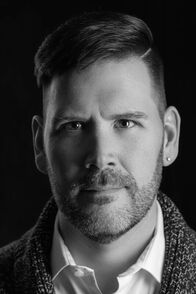 Jory Mickelson’s first book, WILDERNESS//KINGDOM, was the inaugural winner of the Evergreen Award Tour from Floating Bridge Press and winner of the 2020 High Plains Book Award in Poetry. Their publications include Court Green, Painted Bride Quarterly, Jubilat, Sixth Finch, Diode Poetry Journal, The Rumpus, Ninth Letter, Vinyl Poetry and other journals. They are the recipient of an Academy of American Poets Prize and were awarded fellowships from the Lambda Literary Foundation and the Helene Wurlitzer Foundation of New Mexico. 2/1/2021 Featured Poet: Lisa Creech Bledsoe Colby Stopa CC How Time Travel Presents a Challenge for Humans When I have hard days I want to write as if there are no other choices and nothing else worthwhile in the world to do. I mention this, then gaze up at Crow. I'm not holding a can attached to a string but I still feel silly, anxious. I puff out a breath: in for a penny. Crow closes one glossy eye. Despite the tide and drift of ages, holy places endure. I tip that side to side and look for a spillage of insight. Nothing. Wait. Thirty million years—that's my thought. That's how long Crow's kind have been carrying food to ghosts, speaking the languages of clan and kindred. Seeding new fields, forests, fables. My kind? Six million, give or take. Our stories were minted yesterday or five minutes ago, comparatively. Crow peers down at me and I see myself reflected: no one goes alone? Then I see that's not it at all. No other creatures are deep time travelers. Frequent out-of-now flyers. Consider the lilies of the field, birds of the air and all that for example. Yeah: just us wandering around out there, haunting the past or future, now and then getting a loaf or a note from crows. Too damn much time thinking about dying and what thousand places I'm not, the ten thousand things I'm not doing right this minute today. Deep breath, nine more. Crow stretches one wing, turns to face the other way. Your power is finite, but not useless. I smile finally, and recall my clean timeworn body to the present. It's a hard holy day. I walk up the mountain and put pen to paper. At the Edge There is a softening where the sky is wet with ink and the pine grove smells of resin despite the snow. My hope is pliable, though at first it was a slab broken from a horror-house ceiling-- a piece of corroded shipwreck or chain wire fence. Some dream of it, but that's just dreams. Everything we're conditioned to want is still for sale isn't it? I find it kneads more readily now despite hands that shake. There is suffering in this but also an inscrutable stamina-- a healing more profound than death, a curative that sings to bees despite wind changes and dire daily horoscopes. The universe is groping hard toward something buoyant, risen. One day soon we will not recognize ourselves. Whisper to the milkweed as it flies-- ask advice of ghosts and put your hands on the trees while they dream. Even rivers have questions. So much is alive. So very much is alive. How often the wind changes course over the mountains A common fantasy of the wind up here is progress unimpeded. Or maybe a better buzz word is less than lethal. I want everything to stay the same while June is tickling fresh except for my son carrying milk downtown for his friends, a remedy for pepper spray or diluted baby shampoo when they were small and non-compliant. Cornsilk heads can't be repaired like the watch my son wears despite cell phones. Sadly the milk and baking soda don't work for tear gas, only cakes. I have one pepper plant already June-ing but the bullets are not rubber-- they have a metal core with a polymer coating, hardened plastic to disperse protesters or for a laugh or a buzz, multitasking like a mother of three small boys ticking down to baths full of soft bones and plastic to disperse bedtime stories and sponge grenades. Yesterday we dug three wild onions the size of tangerines, the size of projectile ammunition from the mountain. They were crisp but without sting and I didn't cry cutting them. I replanted the severed roots and small hands and voices anyway. Wind your watch to allow cartridges to be reloaded quickly. They are safer than June shock devices and still maintain knock down weeping and when they bleed we glue them up or have them embroidered in every color of the rainbow, or black. To repair the damage we must confess our bones inside, ticking, and replant them as many times as necessary. 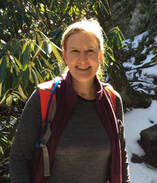 Watched by crows and friend to salamanders, Lisa Creech Bledsoe is a hiker, beekeeper, and writer living in the mountains of Western North Carolina. She is a Pushcart Prize nominee and the author of two full-length books of poetry, Appalachian Ground (2019), and Wolf Laundry (2020). She has new poems out or forthcoming in The Blue Mountain Review, American Writers Review, The Main Street Rag, Sky Island Journal, Star*Line, Pine Mountain Sand & Gravel, and River Heron Review, among others. 2/1/2021 Poetry by Lynne Schmidt Lenny DiFranza CC Dante Was Wrong In Dante’s Divine Comedy, he proposed there are nine circles of hell and claims to have walked through each. He forgot to mention the circle of hell reserved for watching your favorite aunt lose her memory, the circle when the person you love marries someone else, the circle reserved for not making it in time for a visit before your friend dies, the circle where you wait on a hospital floor for a diagnosis and how you sink into another when you’re given the word, “terminal.” The circle of hell reserved for the phone ringing, and ringing, and your sister telling you their heart stopped working, they didn’t survive the accident, or the level of hell reserved for when you break the news to your sister and listen to her shatter on the other line. No one addresses that spaces in hell for the aftermath of grief the way your bones continue to operate but your chest hollows out. So how many circles of hell are there really? If you let me, I would spend every second of every day telling you I love you. If you let me, I would rearrange the solar system, so the moon can’t affect your tides. If you let me, I would make your hands into velvet, not so that they touch me softer, but so they’re gentler to you. If you let me, I would kiss away your scabs so often the skin won’t ever scar. If you let me, I would brighten the darkest day, and if you were too far gone, join you in the dark. If you let me, I would lay on the bathroom floor with you, while the shower runs, until my voice is the only thing you hear. If you let me, I would help erase the memory of everyone whose hands have hurt you, until every touch was new. If you let me, I would love you. 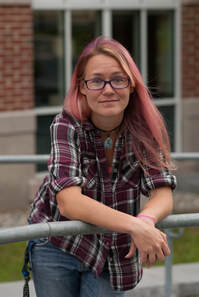 Lynne Schmidt is a mental health professional and an award winning poet and memoir author who also writes young adult fiction. She is the author of the chapbooks, Gravity (Nightingale and Sparrow Press), and On Becoming a Role Model (Thirty West). Her work has received the Maine Nonfiction Award, Editor's Choice Award, and was a 2018 and 2019 PNWA finalist for memoir and poetry respectively. Lynne is a five time 2019 Best of the Net Nominee, and an honorable mention for the Charles Bukowski Poetry Award. In 2012 she started the project, AbortionChat, which aims to lessen the stigma around abortion. When given the choice, Lynne prefers the company of her three dogs and one cat to humans. 2/1/2021 Poetry by Denton Loving smilla4 CC Foundation Unable to stand in our hillside orchard, too weak to swing a mattock or to wrestle with dirt, my dad wants to plant peach trees. For him, I tear the earth open. Rocks bleed out from the poor mountain soil, and I unwrap swaddled peach roots. Before I scrape the dirt back and tamp it down, I return the largest rock under the young roots, a surrogate for what I fear. I bury it back, imagine the roots encircling the rock, enclosing it, building from its foundation. Like the hard stone buried in the sweetest fruit. Unburied Slick with summer, my father’s cattle lumber over hills, their rounded bellies full of grass and unborn calves. They watch as I follow fence lines, wonder how the strong barbed wire breaks, how the briar hells overtake once clean rows. I hack the blackberries and the wild rose, patch the strands of wire the way my father taught me. I cut cedar saplings at their base, clear the pastures of fallen tree limbs. Of cow bones, too-- unburied by wild dogs and packs of coyotes that howl in the night—hungering for flesh, finding all that’s left is bone. On the Other Side of Wilderness We lowered our heads in sorrow and disappeared into the tall woods without hatchet or arrows. We taught ourselves to not leave tracks among the pine needles and stinging nettles, learned killing a wolf brought revenge from other wolves. We learned to taste disease. * In January Venus will reign in the sky. On the other side of wilderness, we will see that last year’s sorrows belong to last year, that we’re embryo inside acorn, wind inside the wind. And earth’s dirt—through dark and damp-- will be more garden than grave. 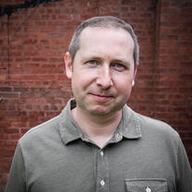 Denton Loving is the author of the poetry collection Crimes Against Birds (Main Street Rag, 2015) and editor of Seeking Its Own Level, an anthology of writings about water (MotesBooks, 2014). Follow him on twitter @DentonLoving. 2/1/2021 Poetry by Cat Dixon Paul Wordingham CC Clouds 1. The clouds overhead flank a spine that spirals across the blue. Is that your x-ray displayed to signify the ultimate sacrifice? 2. The splintered half-lines are branches of my moist bronchial tree swelling with the setting sun, bursting with yellow birds in flight. 3. The bones belong to the fish that swims parallel to the halo crowning your head, to the long curl of your calf as you glide to the right. 4. Adam’s ribs are here to rank. See, I was formed from man—crafted from a roll of dice—rushing to bone, returning to dust, hanging by the string of a kite. 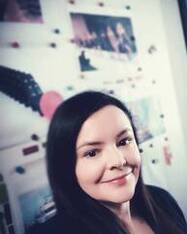 Cat Dixon is the author of Eva and Too Heavy to Carry (Stephen F. Austin University Press, 2016, 2014) and The Book of Levinson and Our End Has Brought the Spring (Finishing Line Press, 2017, 2015), and the chapbook, Table for Two (Poet's Haven, 2019). Recent poems have appeared in Parentheses Journal, Lowecroft Chronicle, and SWWIM. 2/1/2021 Poetry by Alyssa May Trifone strahovi CC HOW THE BODY HEALS ITSELF: A LOVE POEM TO MY SCARS As unsettling as it is, blood is the first sign of healing–– the body's first responder, scabbing into a natural bandage, nursing the wreckage. Blood vessels around the injury constrict, tight as stitches, knowing by some wondrous instinct when to widen again to allow oxygen and nutrients into the damage. A cut remains open under the scab until the third stage of healing, when new skin forms where the old was interrupted. The edges pull inward and the wound becomes a smaller scar. The body's miracle is knowing how to heal itself. And if this is extraordinary, then what does that say about the hundreds of healed scars that layer my arms? Once, the edge of a razor blade was the only way I knew how to survive; a blade made to carve away all of the ugly shame gnarled so bone-deep inside me, it had to be cut out. I had to slash the memory of a monster's hands from my body; who stabbed my childhood in its chest the night he crept into my room. But after the mutilation, I would wash the wounds out with care, layering antibiotic into the lacy gauze bracelets that I used to dress the cuts with the softness of a mother's touch. I did try my best to learn how to care for my body; yet couldn't stop making more lacerations, couldn't quit the surgical precision of self destruction. There was no other way free, and the cuts were just as hideous as the hurt, anyway. Weren't they? You get so used to telling the past one way that all the other ways start to feel impossible; but there is something still so possible, so marvelous within the story of my scars: the way the blood knew how to clot itself, the swift and tender narrowing of capillaries surrounding the wound, the scab formed of my own salt and white blood cells; the way my body tended to its own healing, the best and only way it knew how.  Alyssa May Trifone is a 31 year old queer poet living in CT with her fiancee and family of primarily rescued animals. 2/1/2021 Poetry by Constance Brewer Alberto Garcia CC Encompassing Noise Wind through the pines. Ringing in my ears. Both persistent. I came to the mountain to think about who matters but all I hear are tones in my head—subtle whir of a fan, slosh of waves, call of one distant bird whose cries never cease. Voices outside my head can't compete. The sound of my parents arguing is the steady rise and fall of word swallows headed to the barn. He had expectations, my father, that my mother would care for him in his old age, his Parkinson's. My mother's bee of resentment buzzed in the background, until one day, silence. The making of honey fell to my brother, the one who stayed. I am like her in all ways that matter save one. Left with an insistent low drone loop in my head, it drowns incomplete thoughts at birth, expectations tiny bee corpses at my feet. Dangling Over the River on a Fraying Rope You listen at the window, sixteen and dateless, afraid to expose need. Your mother dies, becomes an abstract. Her image wavers, voice fades to vapor. Too soon she is silvered photograph, squinting against harsh light. You haunt the open window, wait for your mother to give you a sign, to sing down from the heavens. We don't bury anything anymore. Outsiders prepare the dead. Others speak words of comfort. Strangers dig a hole in the ground, leaving you to fill it with fistfuls of regret. First Impressions People can reliably tell if someone is richer or poorer than average just by looking at a neutral face without any expression. Over time, your face comes to permanently reflect and reveal your experiences. Source: University of Toronto Forgive me, child, for not putting a happy face on our poverty. Psychology research says my (and your) success depends on it. God knows I kept my face as neutral as possible when the police came poking around because you said Fuck that to a teacher, or when I applied for yet another job that promised me time with the kids and money enough to pay for food and sports gear. Forgive me for not knowing my social class showed on my face, the desperation etched there for all to see, where others-- wealthy, satisfied—had contentment plastered all over theirs. Those cutting remarks, looks of disdain after asking for free school lunches is the blush on my cheeks and cultivated blank expression. If only people like us knew our place. How dare we have a television, a cell phone, a steak for dinner. We should suffer. Be the noble poor. It's written on my face. How dare we have hope for a better future for our social class. See, child, people judge you before they know you. They excuse it as nonverbal behavior. It's not their fault, they say. It's hardwired. Cue driven. They never gave us a chance. Go forth and take all the glory you can, child. Spit in the face of societal expectations. Don't let psychology steal your happiness. Be the beast. 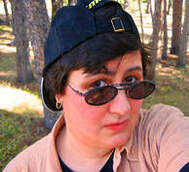 Constance Brewer’s poetry has appeared in Crafty Poet II: A Portable Workshop, Harpur Palate, Rappahannock Review, The Nassau Review, among other places. She is the editor for Gyroscope Review poetry magazine and the recipient of a Wyoming Arts Council Fellowship Grant in poetry. Constance is the author of Piccola Poesie: A Nibble of Short Form Poetry. She lives in Wyoming, under star-studded skies, and is a fan of Welsh Corgis, weekends, and whiteline woodcuts. www.constancebrewer.com 2/1/2021 Poetry by Melody Wang Alberto Garcia CC Learning, Still Little unlearned lessons make their way back to me. I still can't remember how to truly forget It fell between chairs. At times the divide is so vast it envelops like the last snowfall from a place of no return We look at each other like earthenware dogs do. You learn, you forget, you relearn until somehow it becomes you You must be calm to fight a tiger. I am still grasping how to channel the merciless rage of the tempest become the calm, meet the tiger's gaze and realize there was no separation  Melody Wang currently resides in sunny Southern California with her dear husband and hopes to someday live in the Pacific Northwest (or somewhere with equally gloomy weather). She dabbles in piano composition and enjoys hiking, baking, and playing with her dogs. |
AuthorWrite something about yourself. No need to be fancy, just an overview. Archives
April 2024
Categories |
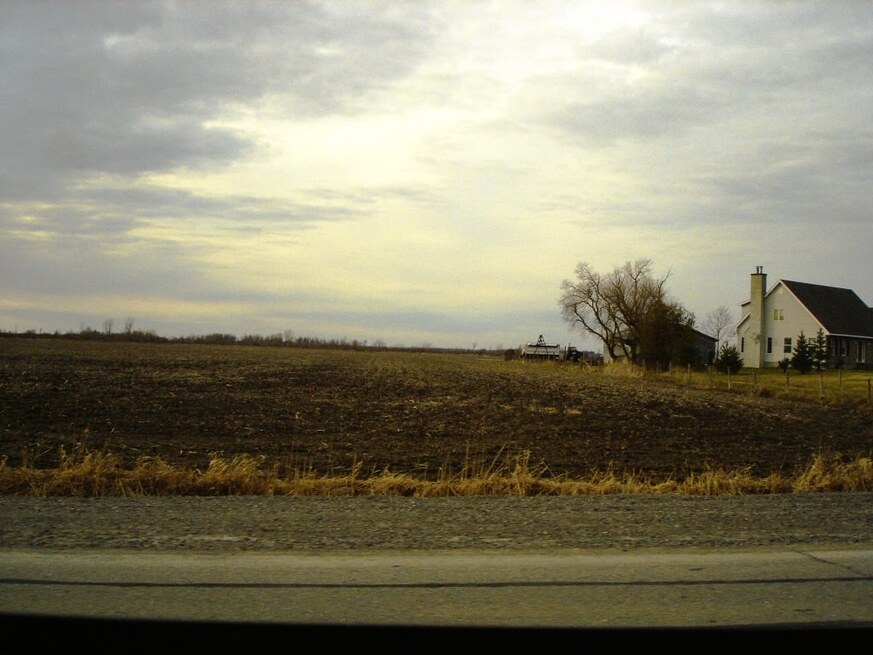
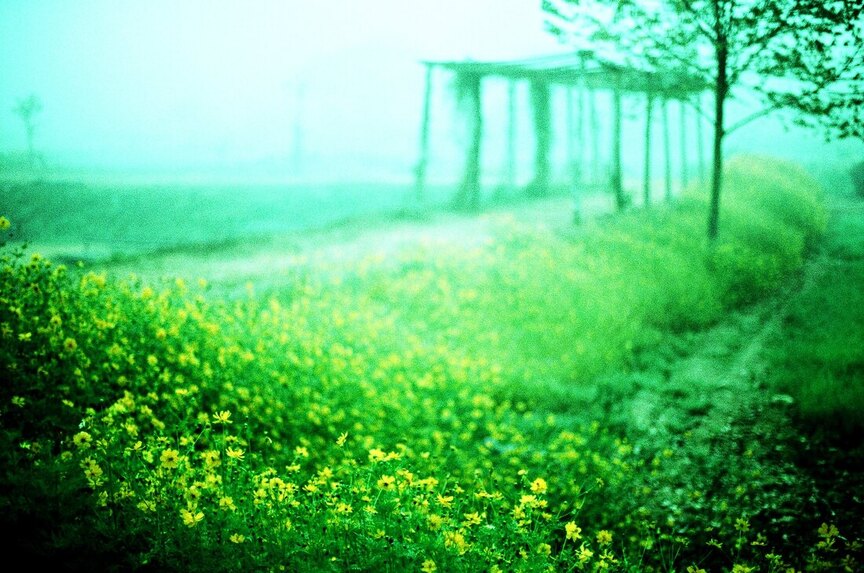
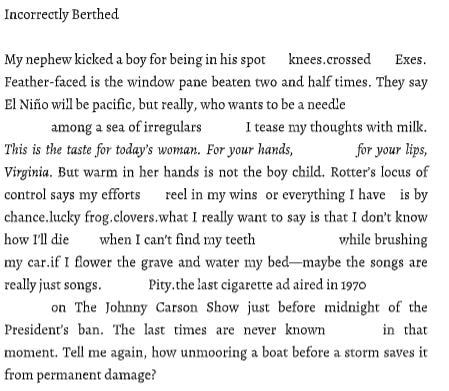
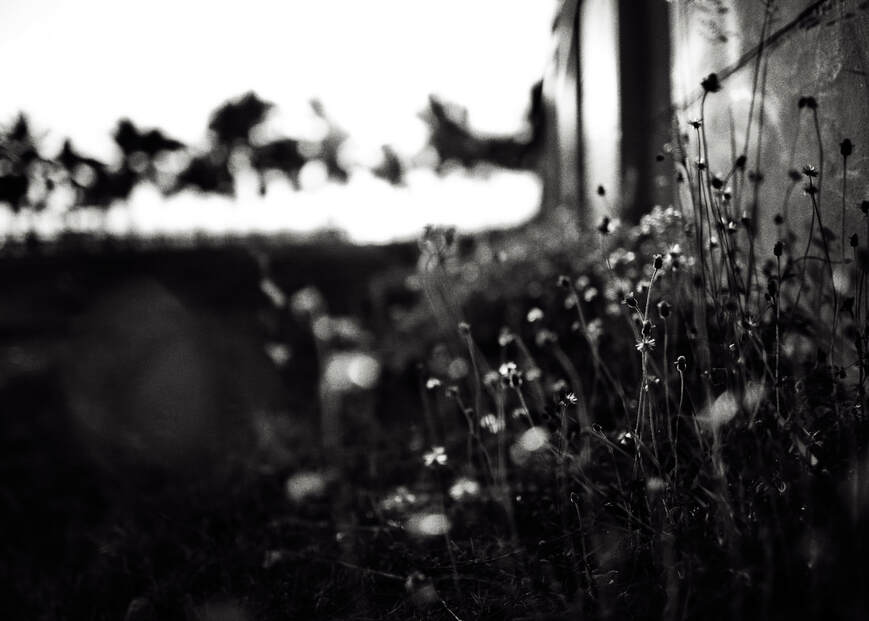
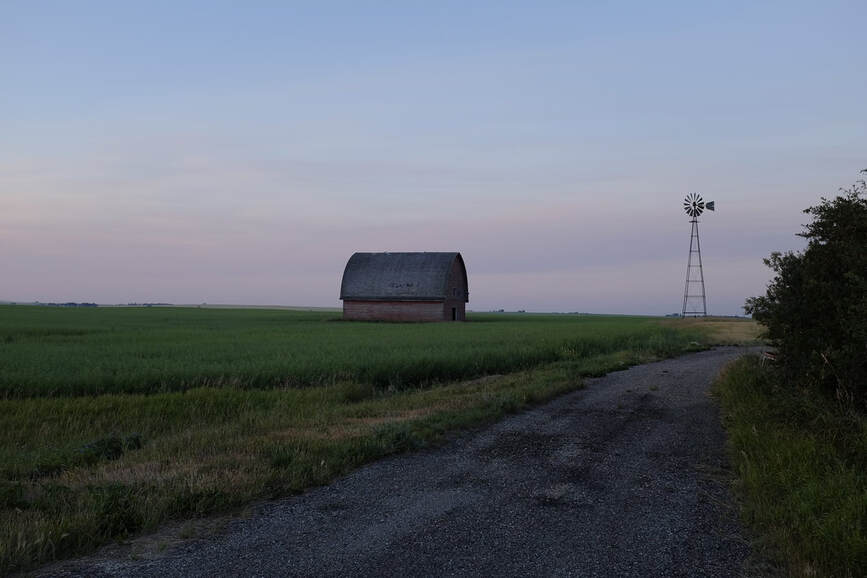
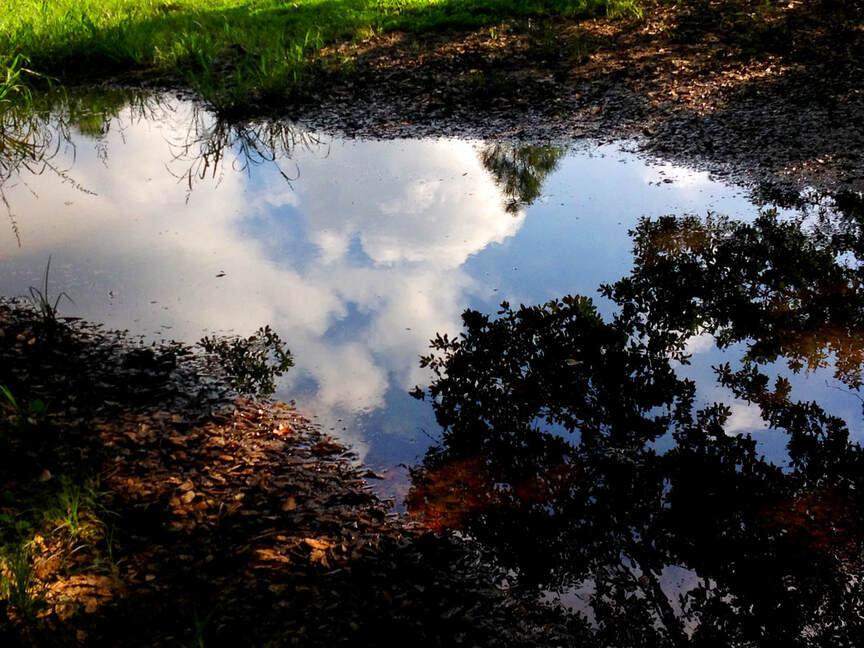
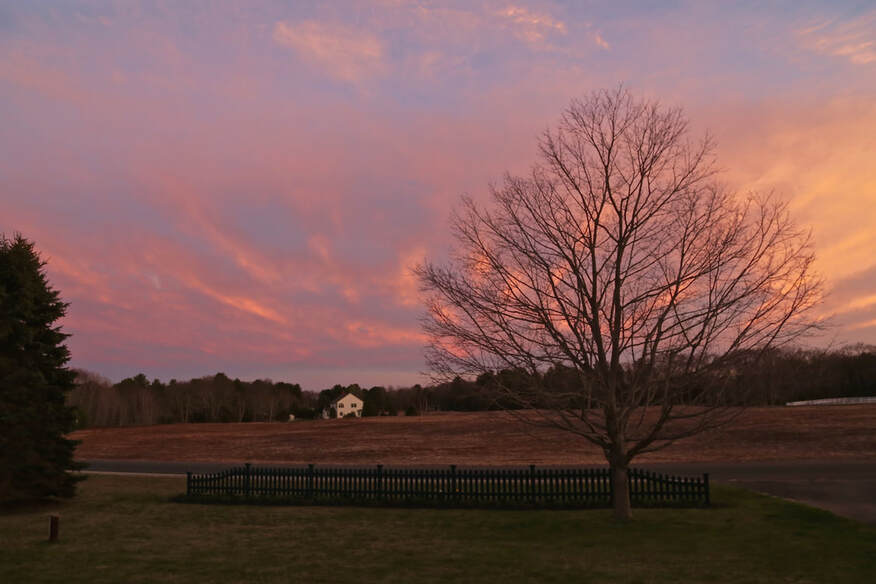
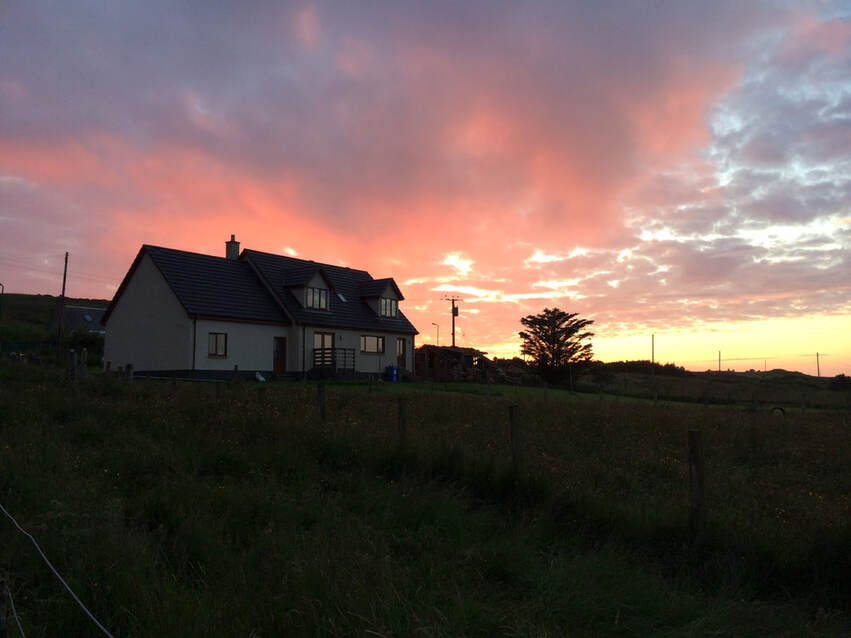
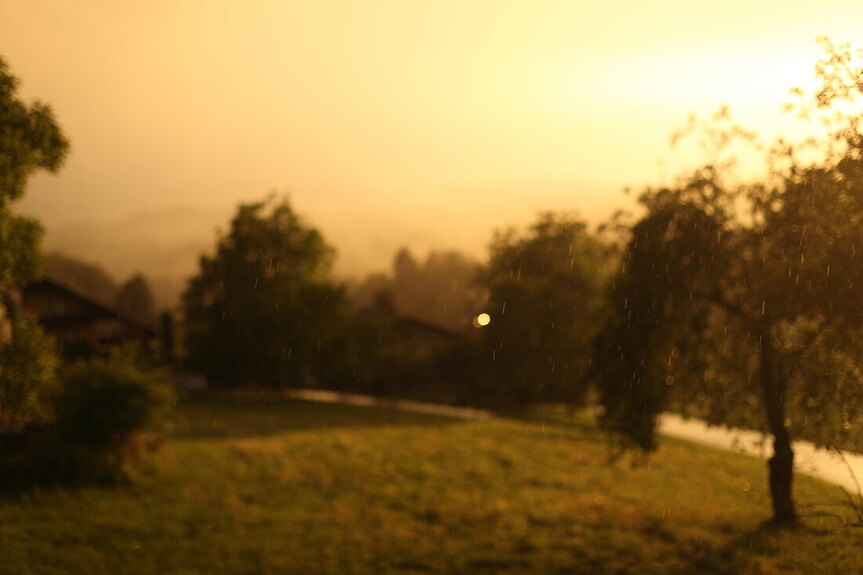

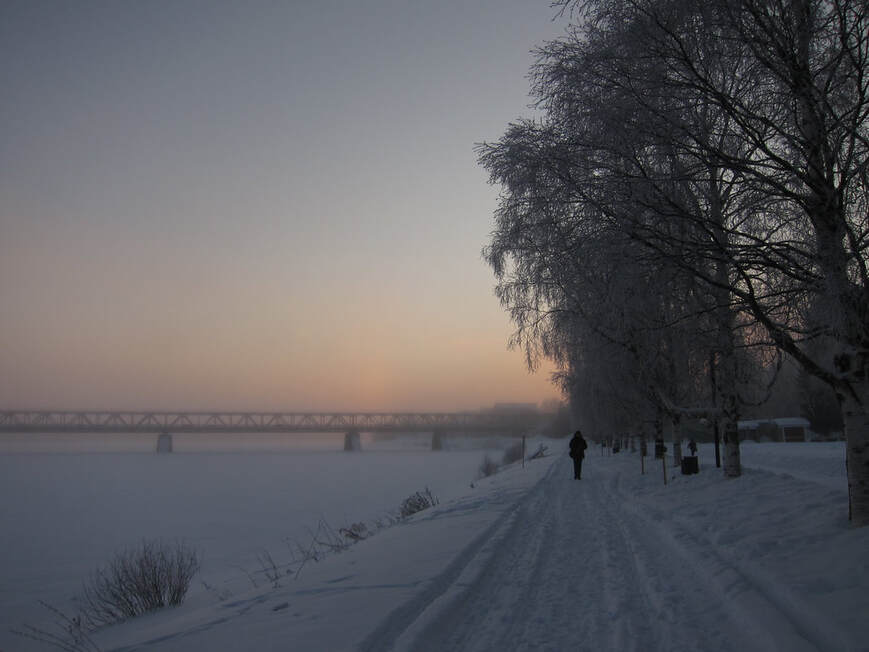
 RSS Feed
RSS Feed
